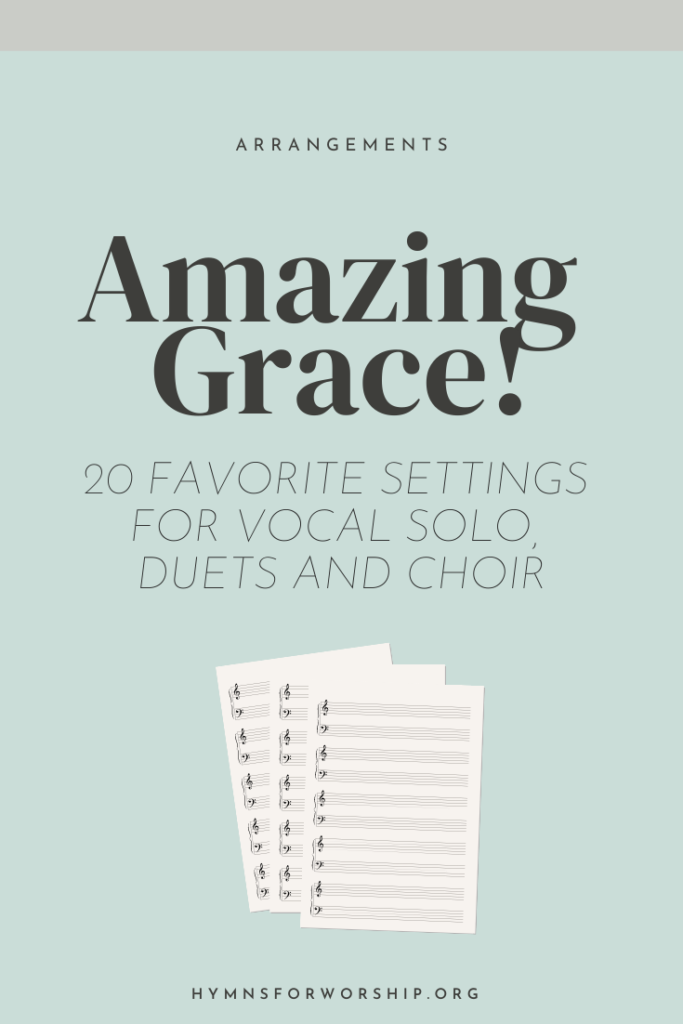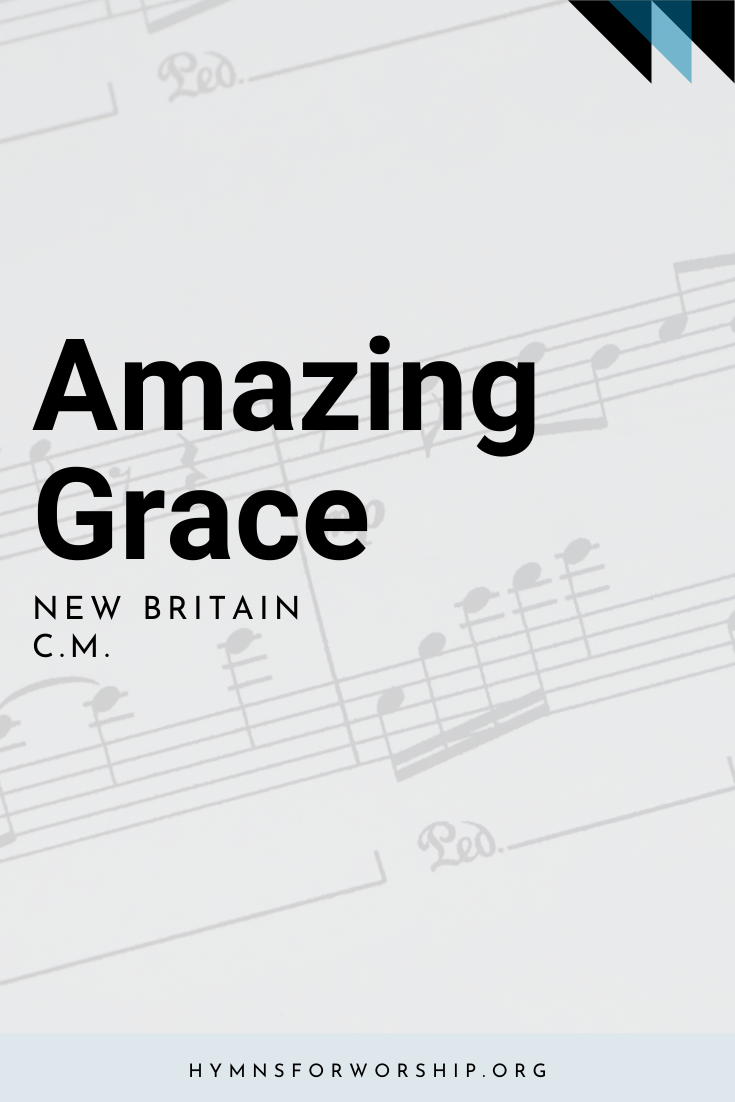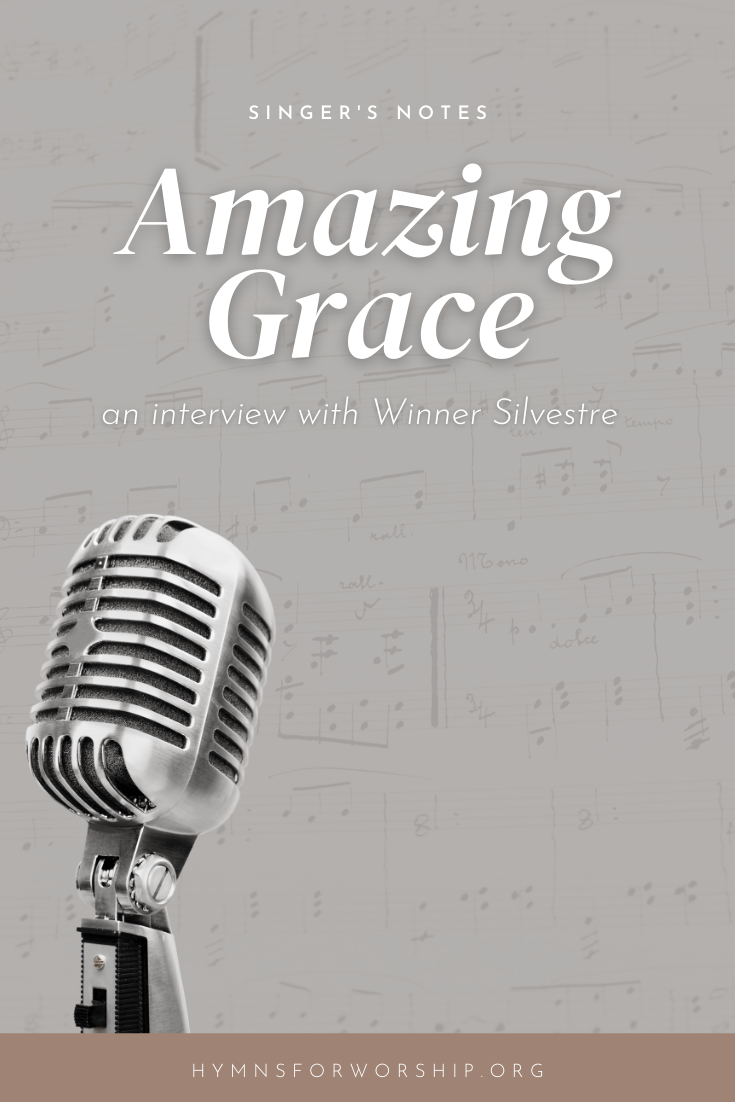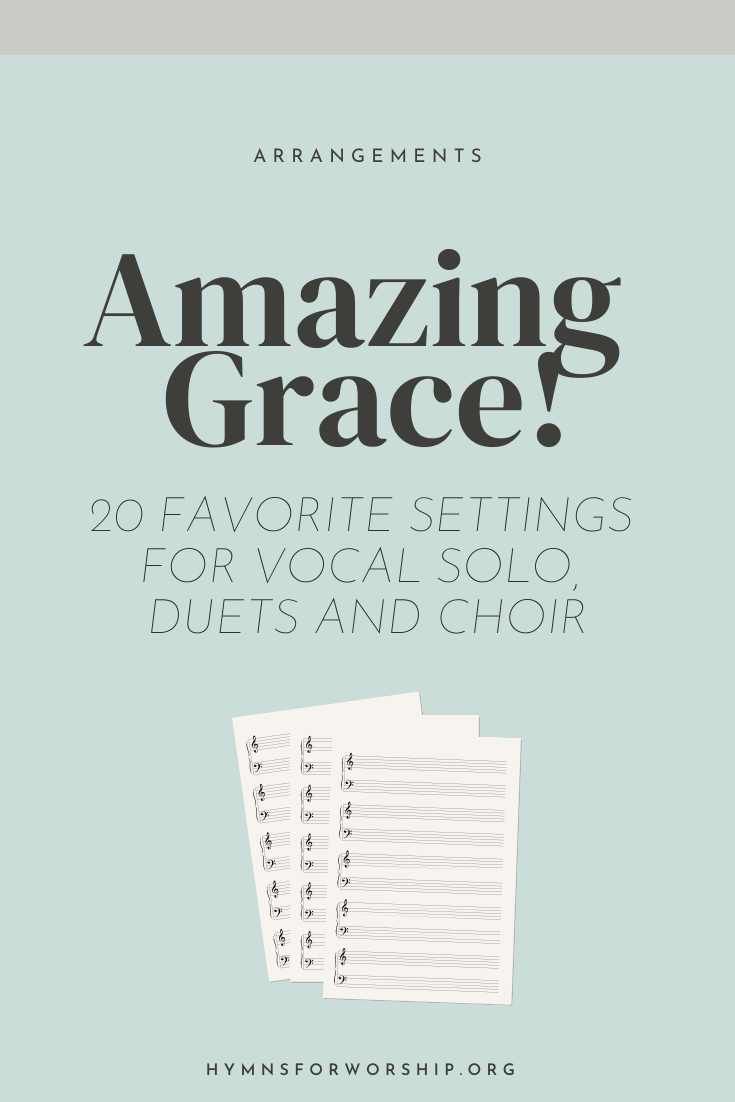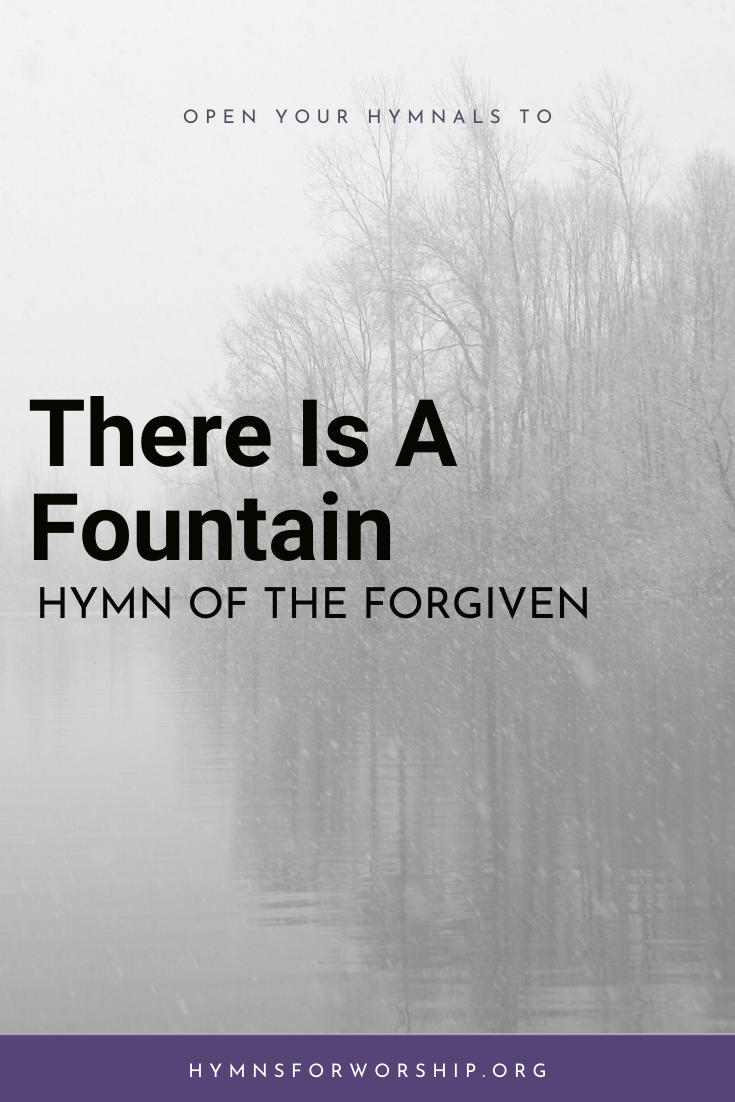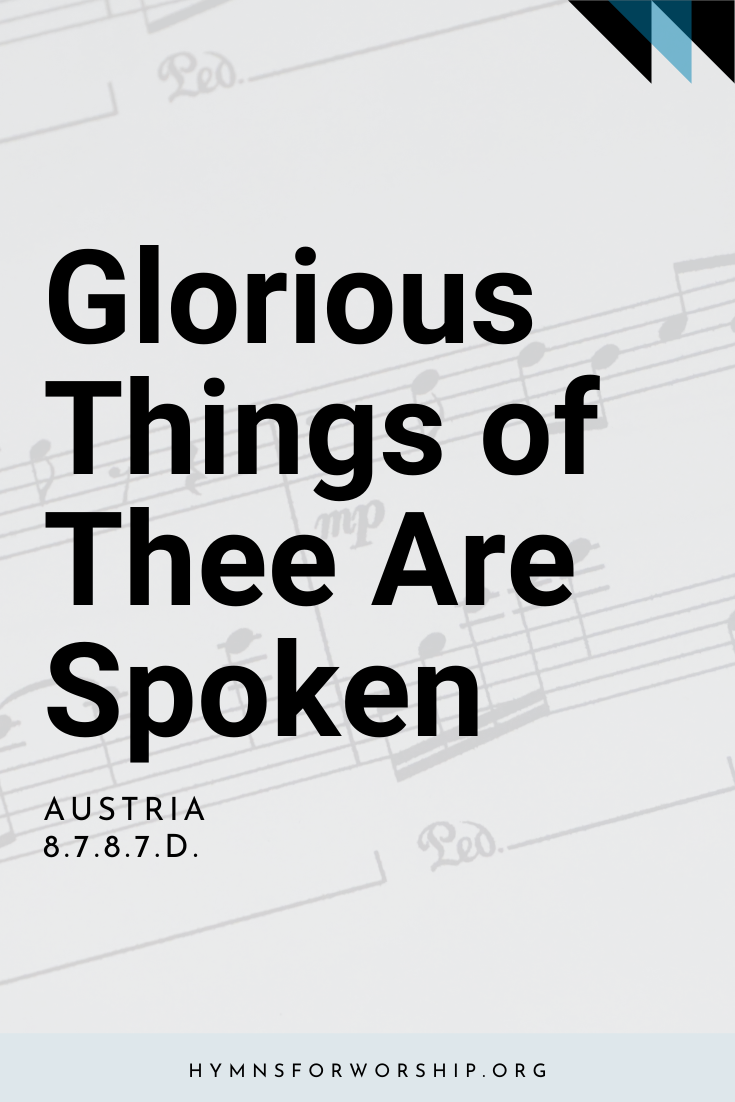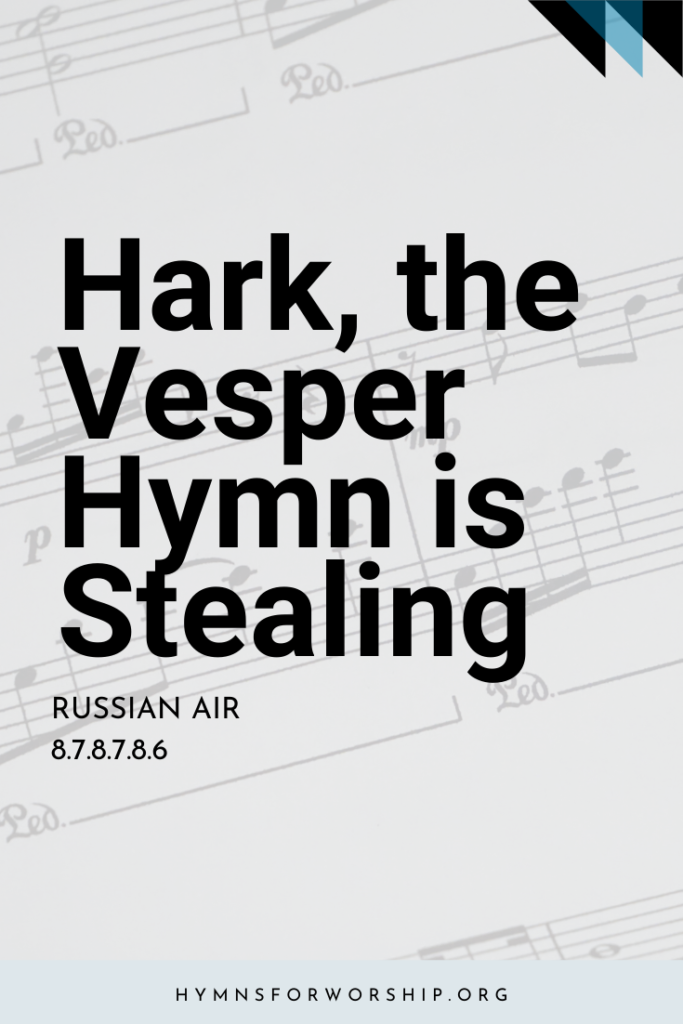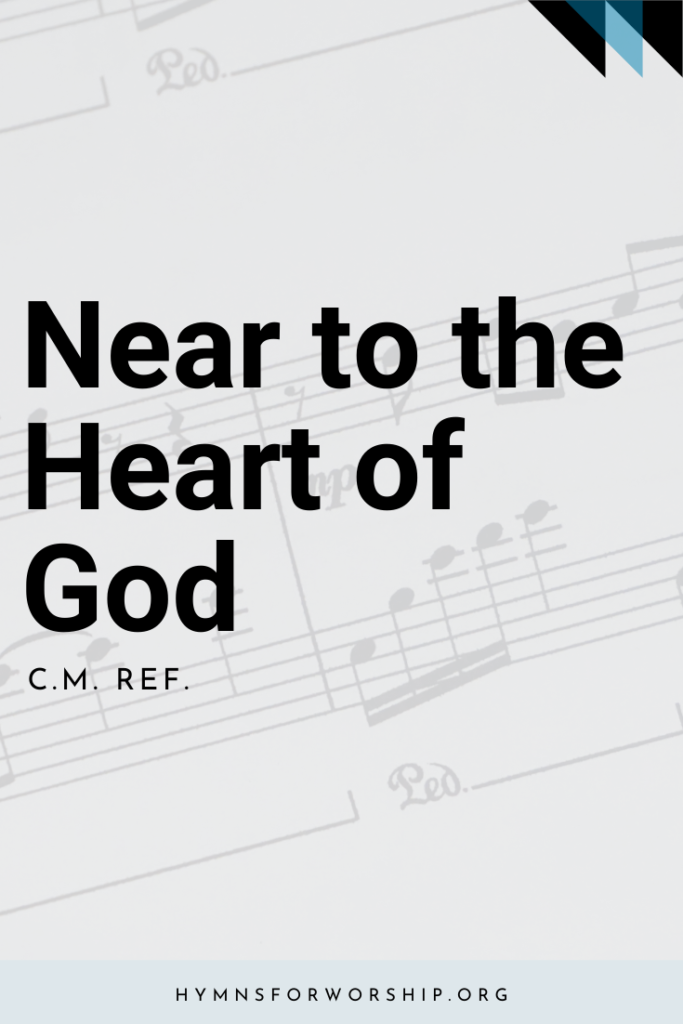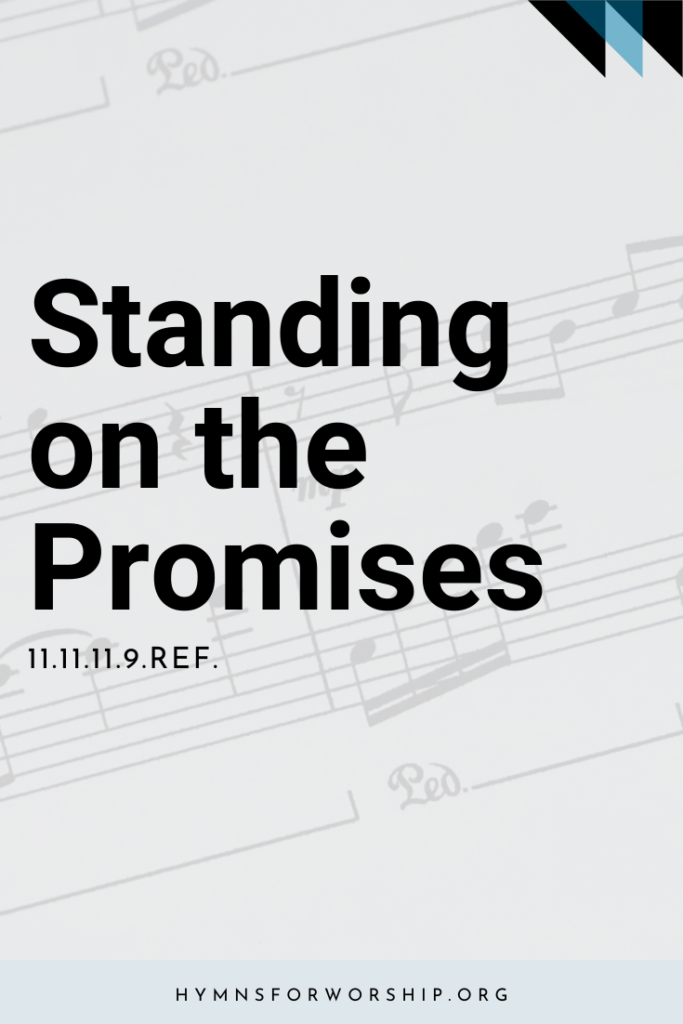GOD THE FATHER >> GRACE & MERCY OF GOD
SDAH 108
Amazing grace! How sweet the sound
that saved a wretch like me!
I once was lost, but now am found;
was blind, but now I see.
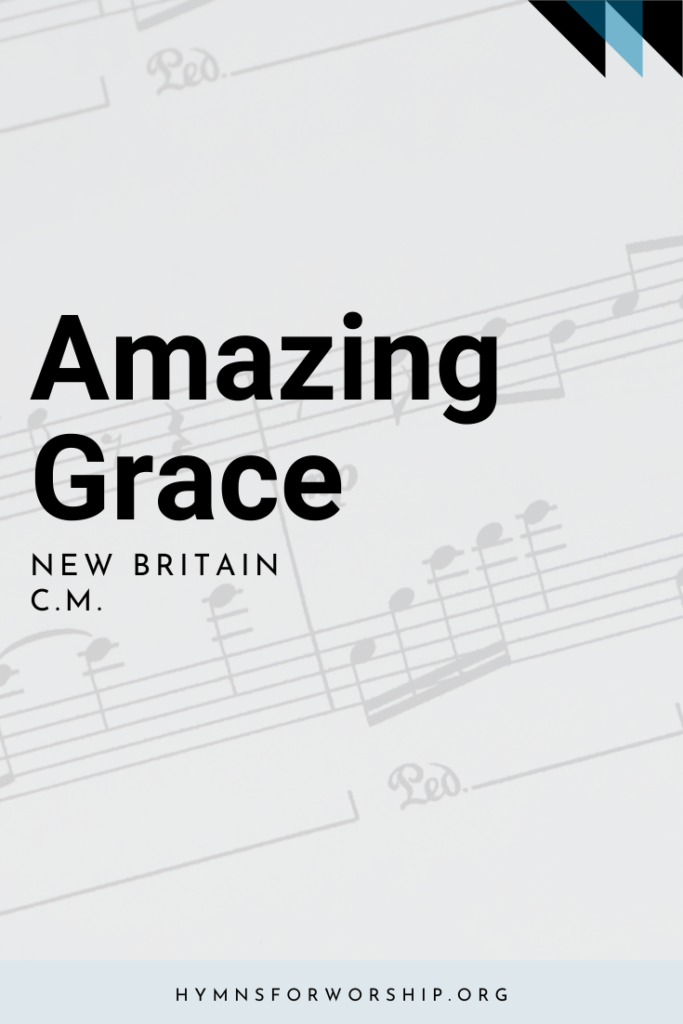
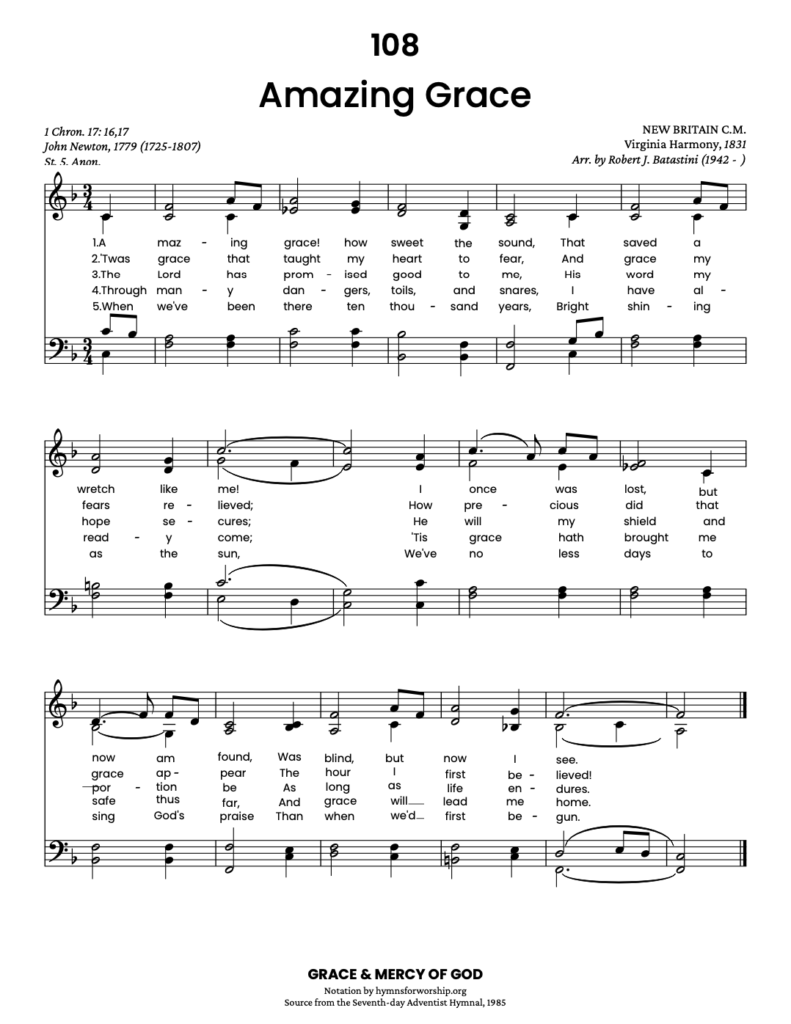
For Worship Leaders
Make each hymn more meaningful with these helpful tools: Short, ready-to-use hymn introductions for church bulletins, multiple ways to introduce a hymn based on your worship theme and in-depth history and insights to enrich your song service.
Hymn Spotlight: Amazing Grace
Few hymns are as beloved—or as personal—as Amazing Grace. Written by John Newton, a former slave ship captain turned pastor, it first appeared in the Olney Hymns (1779) under the title Faith’s Review and Expectation. Drawing from 1 Chronicles 17:16–17, Newton poured his testimony into this hymn, marveling at the grace that saved “a wretch like me.”
The well-known final stanza, “When we’ve been there ten thousand years,” wasn’t part of Newton’s original text. It first appeared anonymously in the Baptist Songster (1829) and gained widespread recognition after E.O. Excell paired it with this hymn in 1910.
The tune, NEW BRITAIN, emerged from early American folk traditions, first printed in Virginia Harmony (1831). Its haunting pentatonic melody helped it thrive in singing conventions and camp meetings—and even climb music charts in the 1970s through Judy Collins and the Royal Scots Dragoon Guards.
The SDAH version is arranged by Robert J. Batastini, a leading figure in American church music. Through centuries and across cultures, Amazing Grace continues to echo the story of redemption and hope.


Text
1
Amazing grace! How sweet the sound
that saved a wretch like me!
I once was lost, but now am found;
was blind, but now I see.
2
‘Twas grace that taught my heart to fear,
and grace my fears relieved;
how precious did that grace appear
the hour I first believed.
3
The Lord has promised good to me,
his word my hope secures;
he will my shield and portion be,
as long as life endures.
4
Through many dangers, toils, and snares,
I have already come;
’tis grace hath brought me safe thus far,
and grace will lead me home.
5
When we’ve been there ten thousand years,
bright shining as the sun,
we’ve no less days to sing God’s praise
than when we first begun.

Hymn Info
Biblical Reference
(a) 1 Chron 17:16; Luke 15:6 (b) Eph 1:7 (d) Ps 142:5
Author
John Newton (1725-1807); St. 5, Anon.
Year Published
1779
Hymn Tune
NEW BRITAIN
Metrical Number
C.M.
Arranger
Robert J. Batastini (1942-)
Tune Source
Virginia Harmony, 1831
Copyright
Arr. copyright by GIA Publications, Inc. Used by permission.
Theme
GRACE & MERCY OF GOD
A Slaver From Disgrace to Amazing Grace
Amazing Grace has gone on to become one of the most powerful songs in the world and a favorite hymn for many because it offers up a universal message of hope and redemption. Some people argue that part of the huge appeal of the hymn is the incredible backstory that brought it to life. John Newton went from being a cruel slave trader to a highly respected minister. Yet although many people don’t know the songs backstory before hearing it, the appeal is really in the message of the song because it can be applied to anyone’s life.
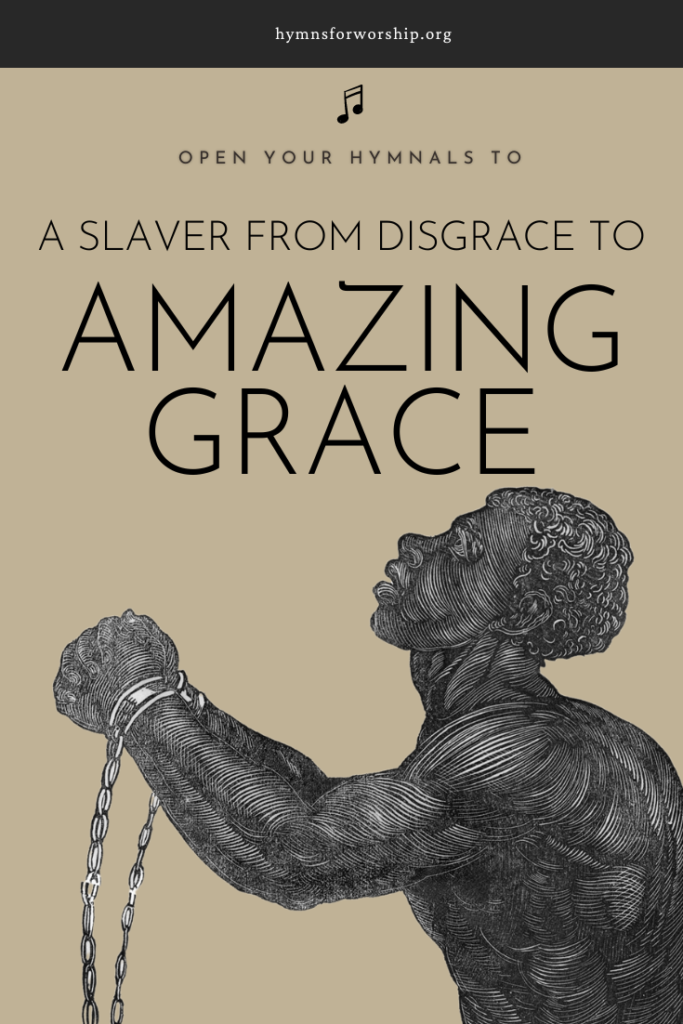
RELATED POSTS
Watch
Recommended Reading
I love discovering new and fresh arrangements of familiar hymns, especially ones that are musical and really creative. Amazing Grace is one of those well-beloved hymns that have a special place in my heart. What a powerful message it carries! To learn the backstory of this hymn you can watch this short video, or if you want the Hollywood’s take on it, then you can watch this film by Michael Apted.
Trying to find the perfect arrangement of Amazing Grace for your church’s next virtual worship? Try these 22 settings for vocal solo, duets and choir of this hymn.
